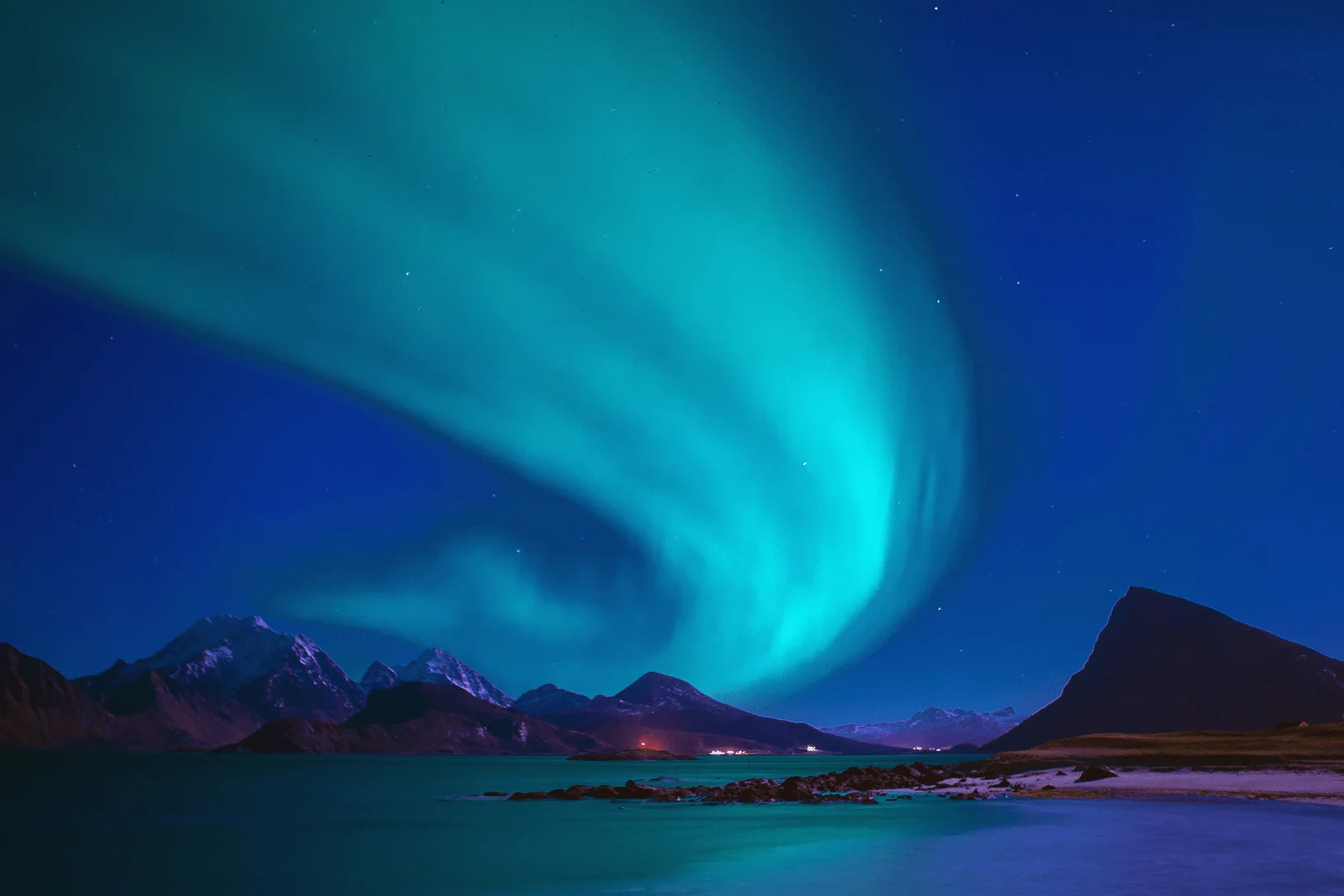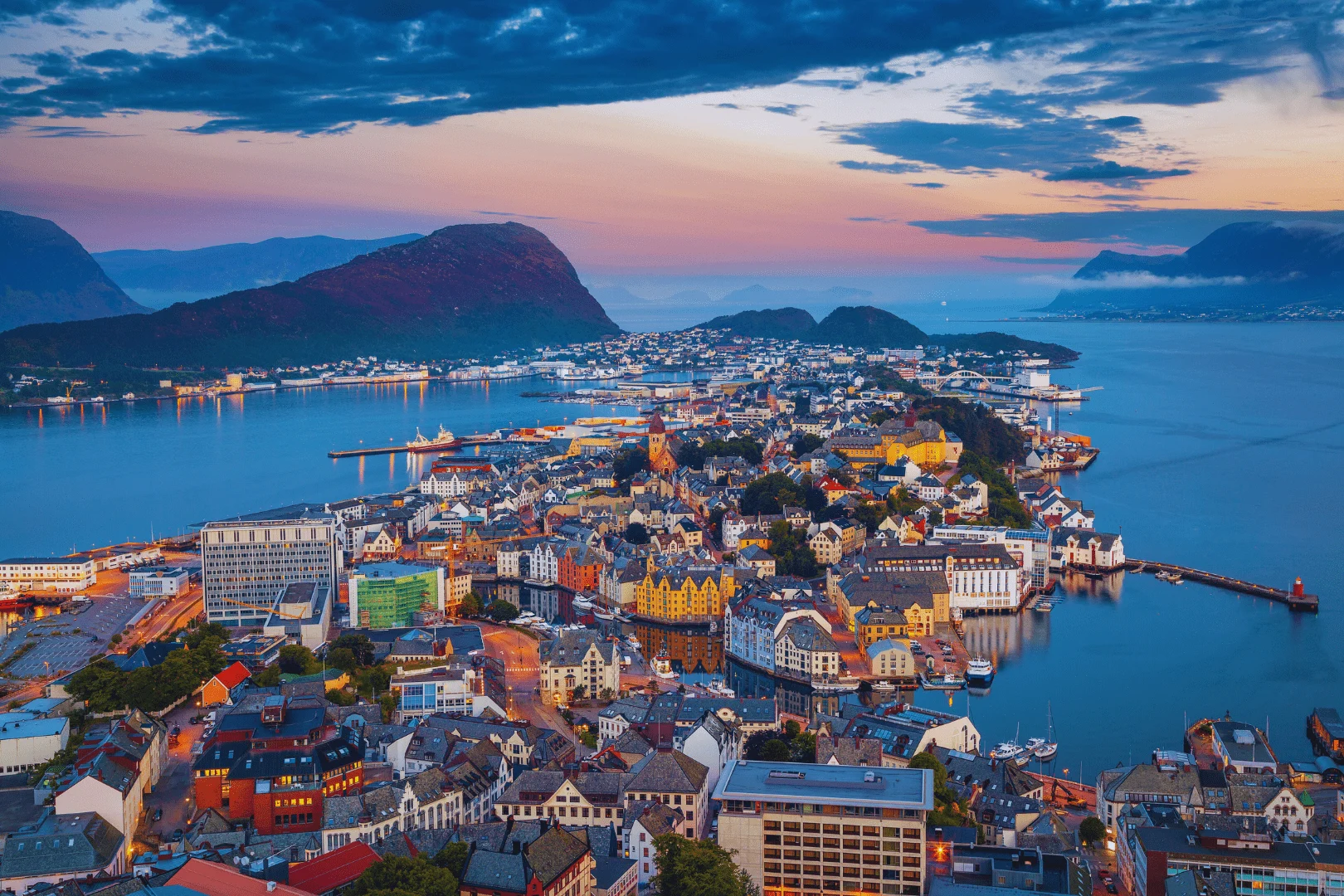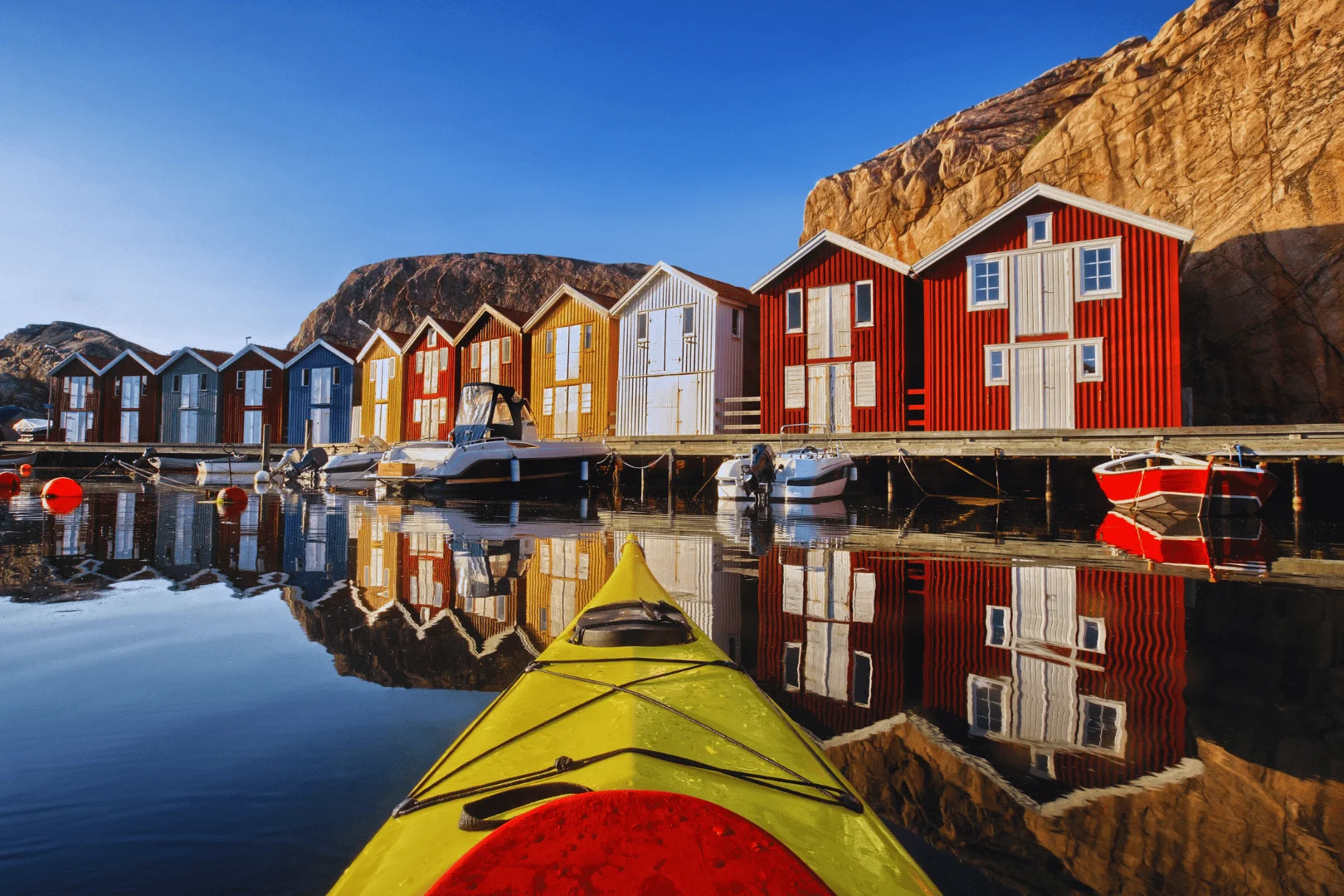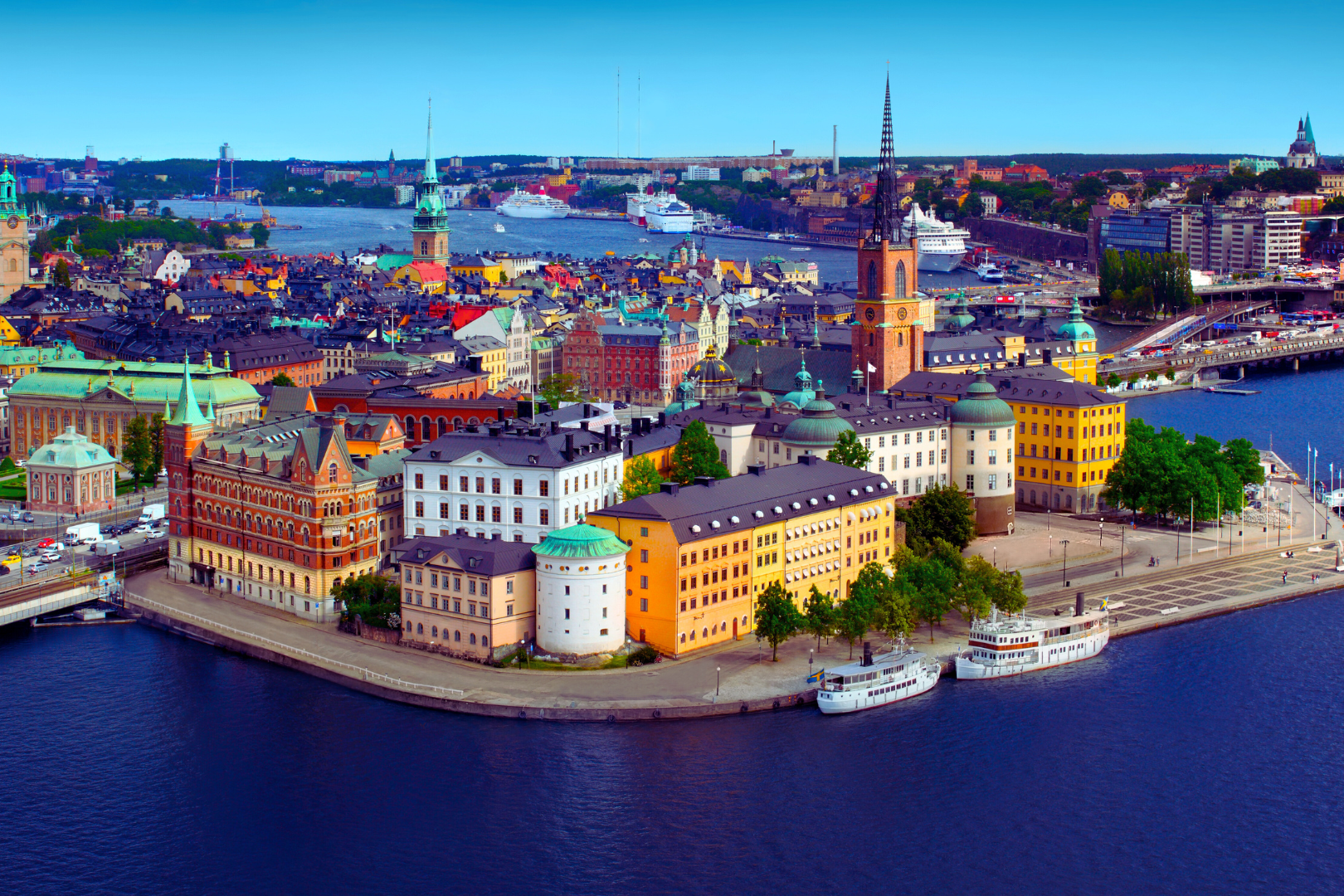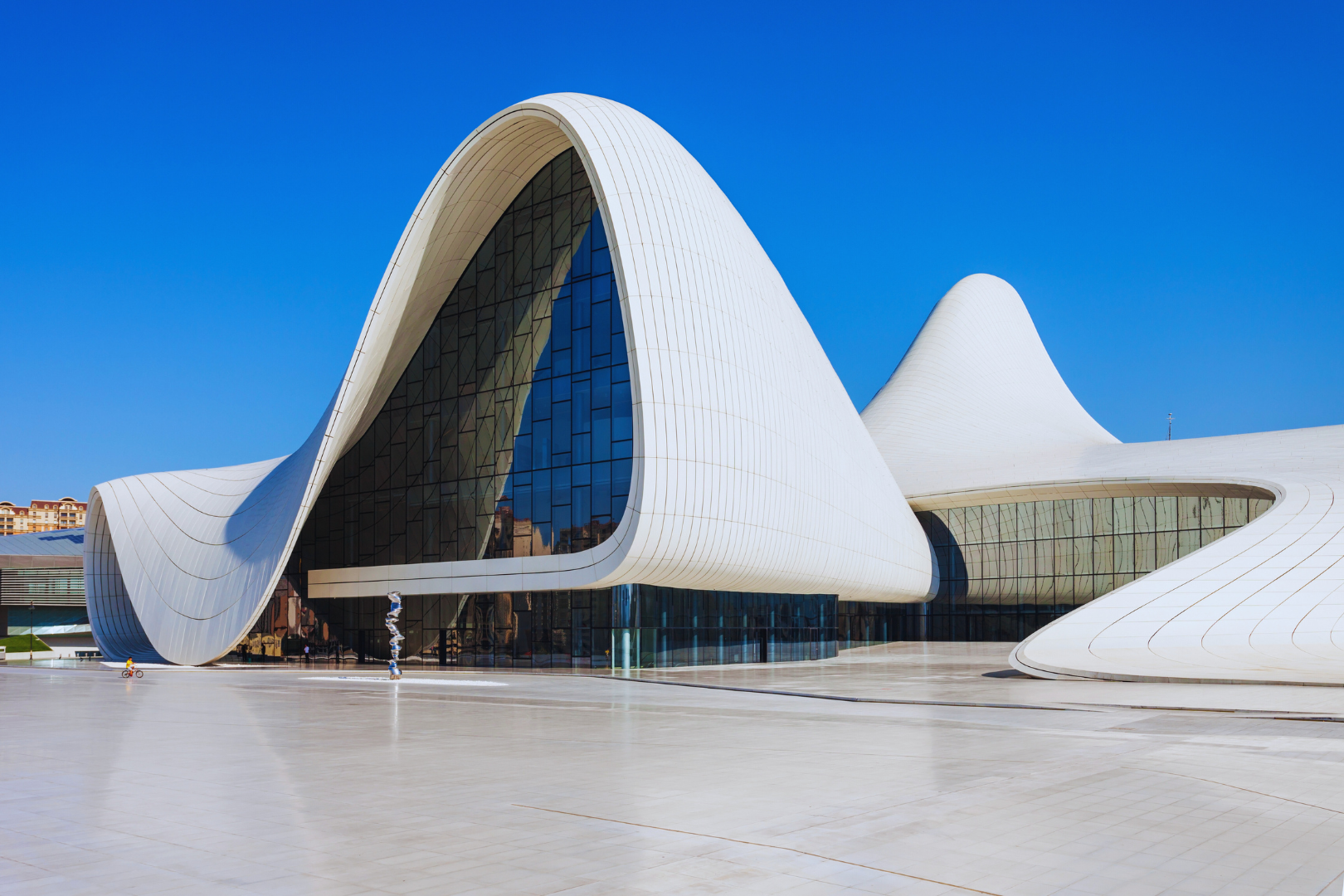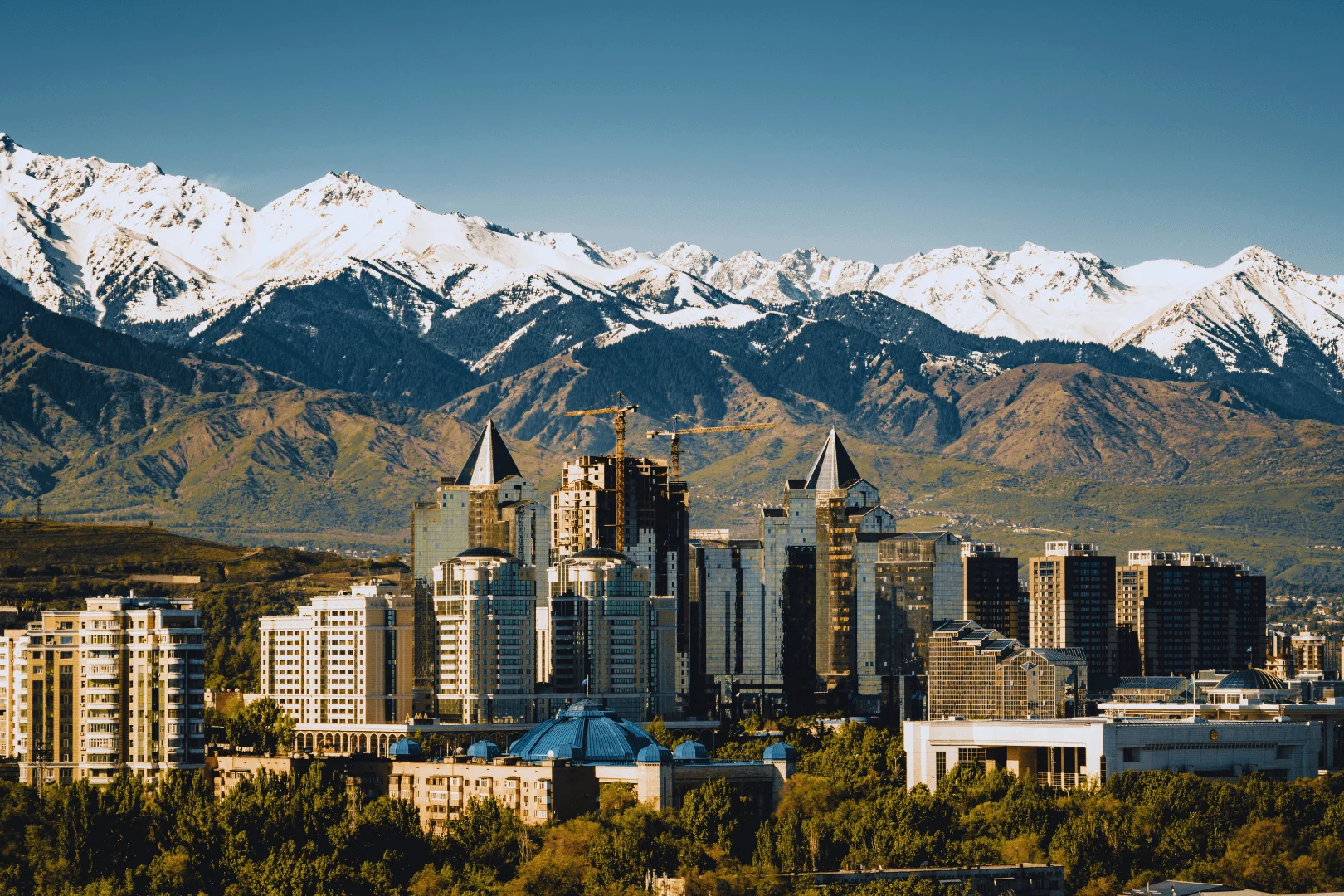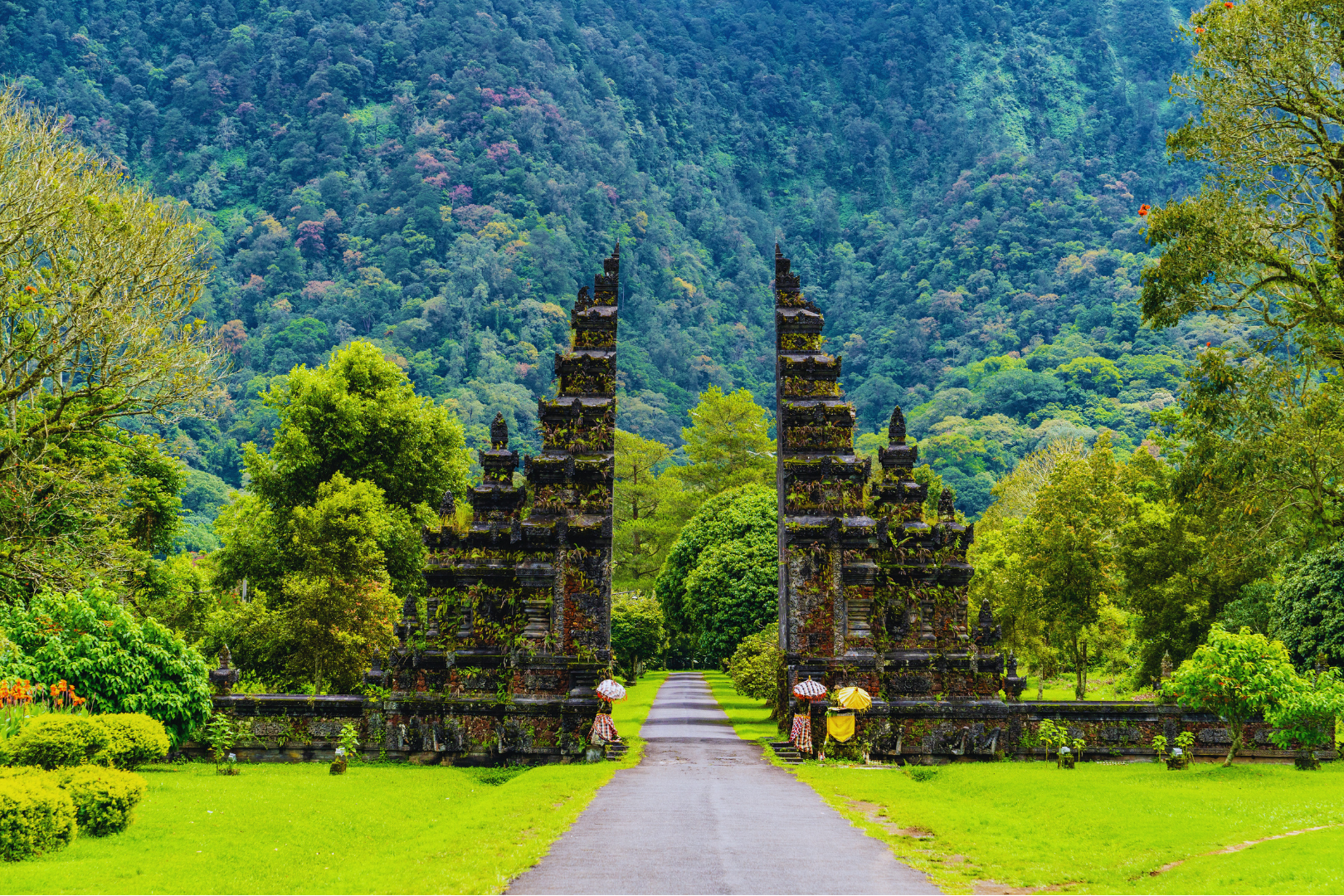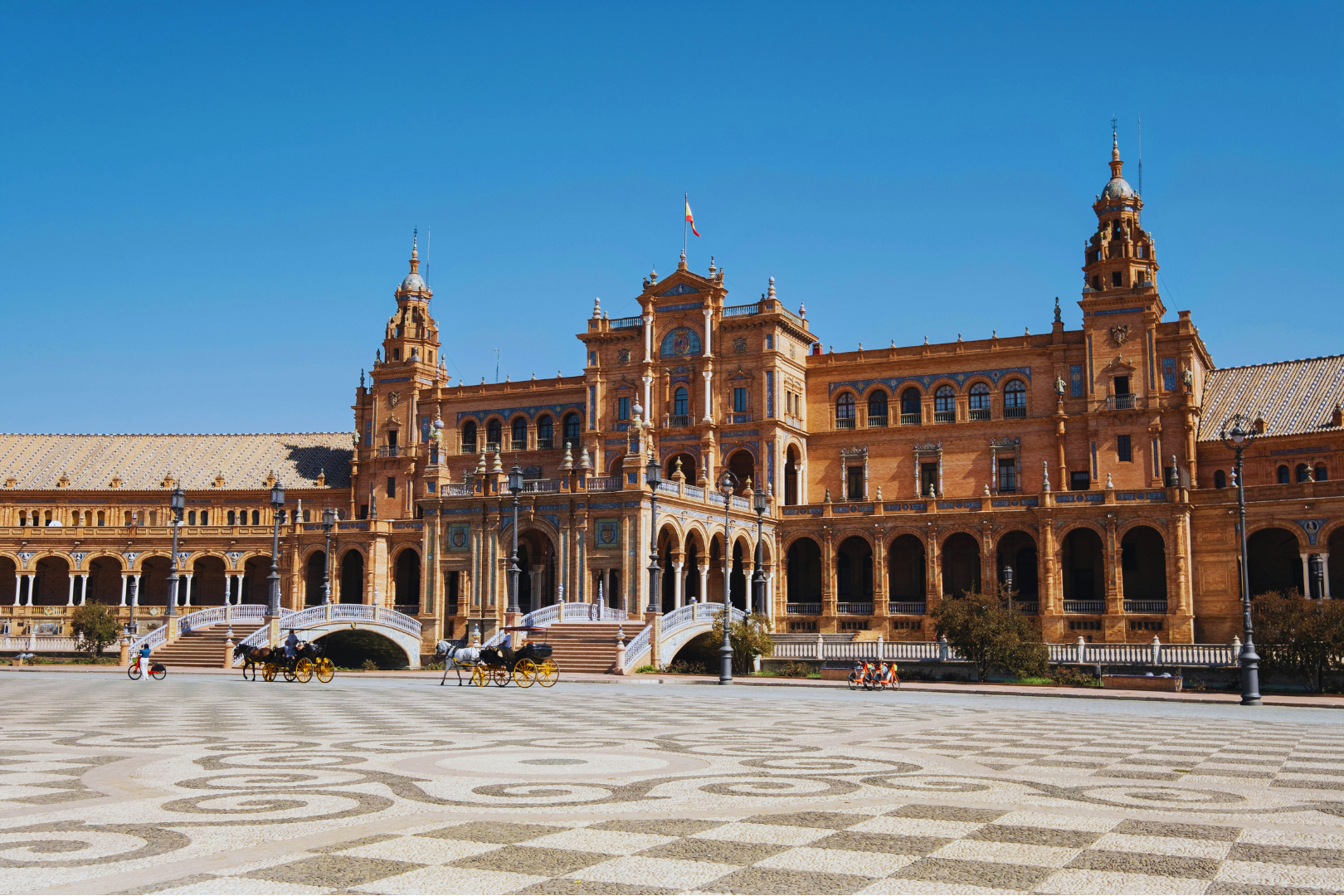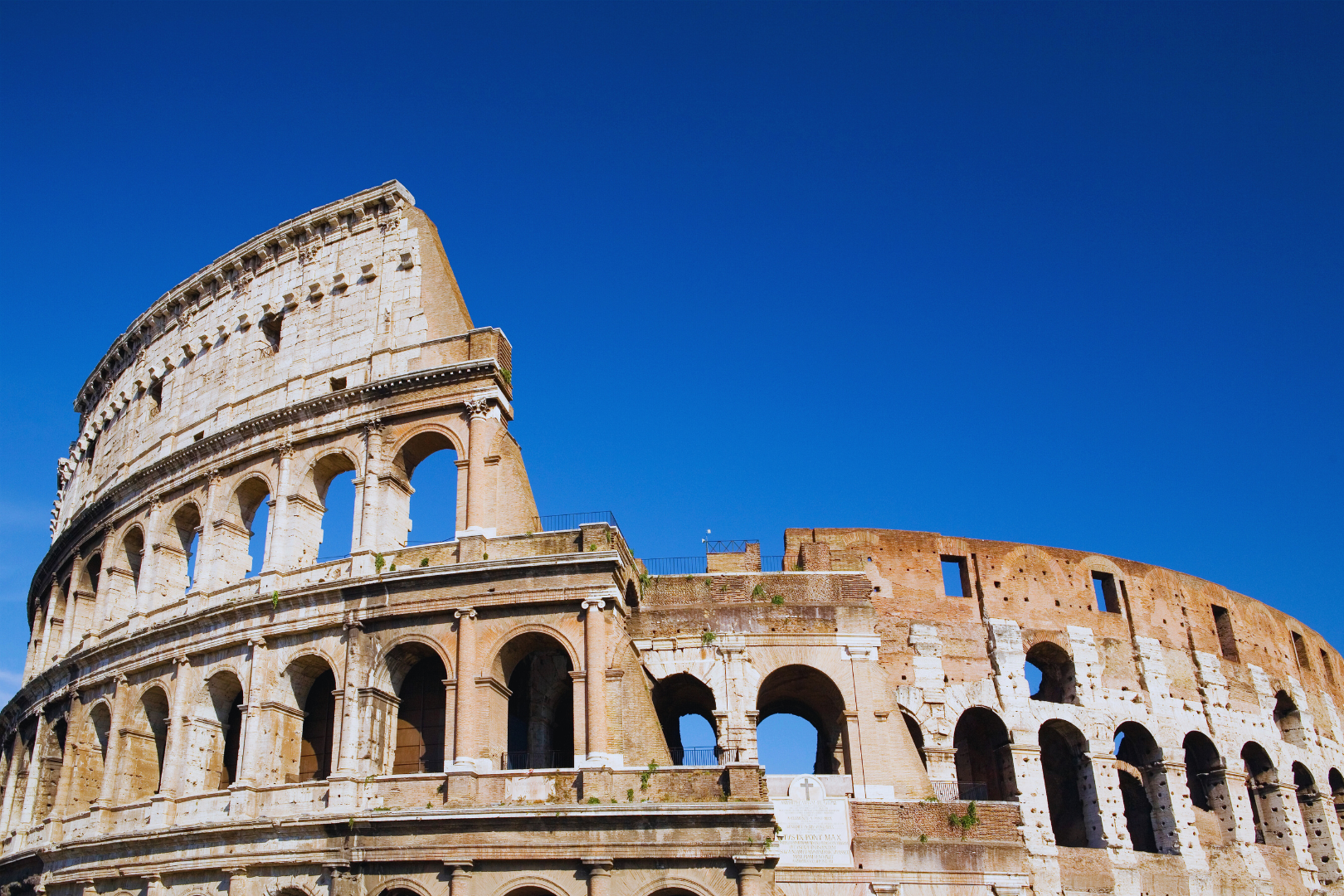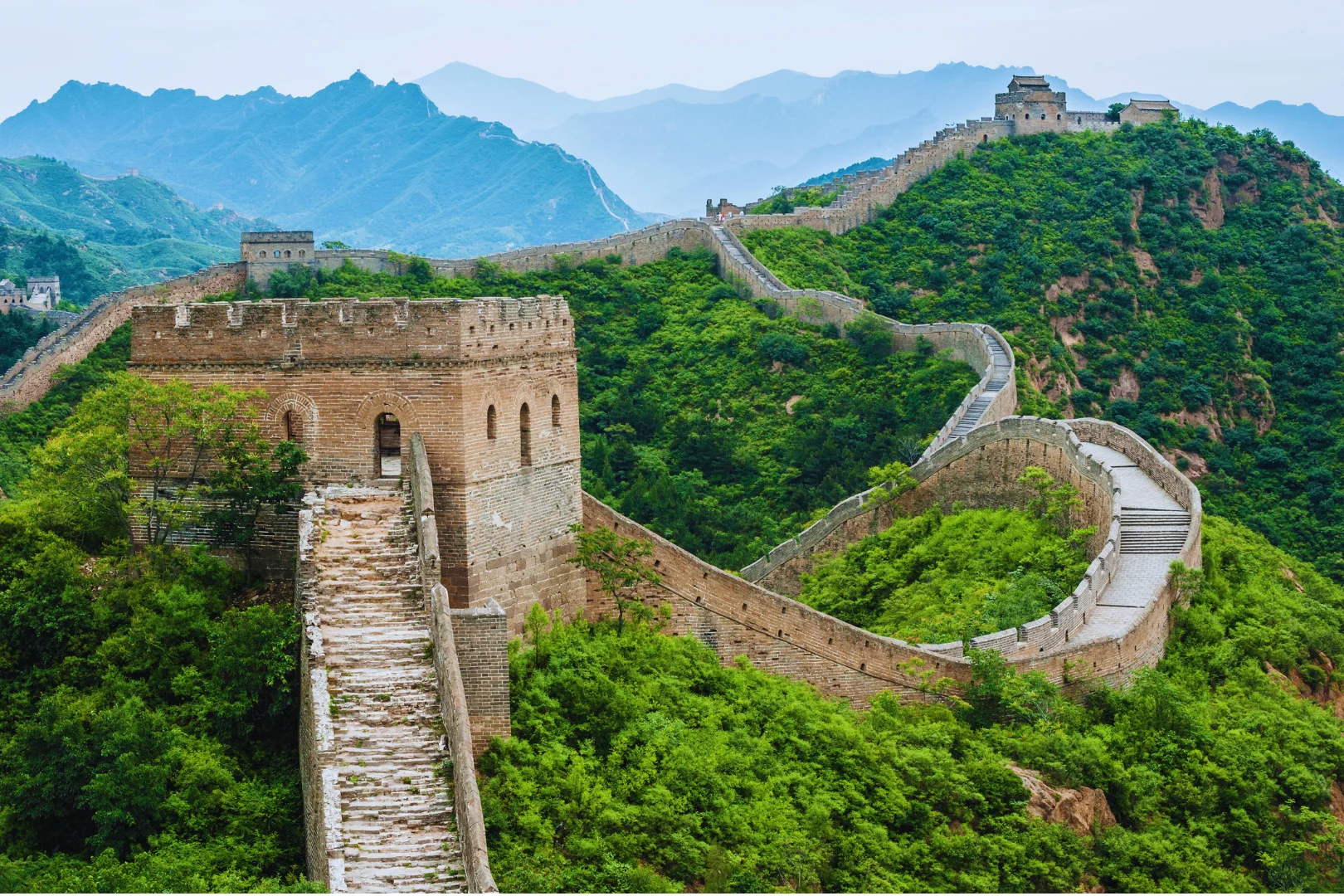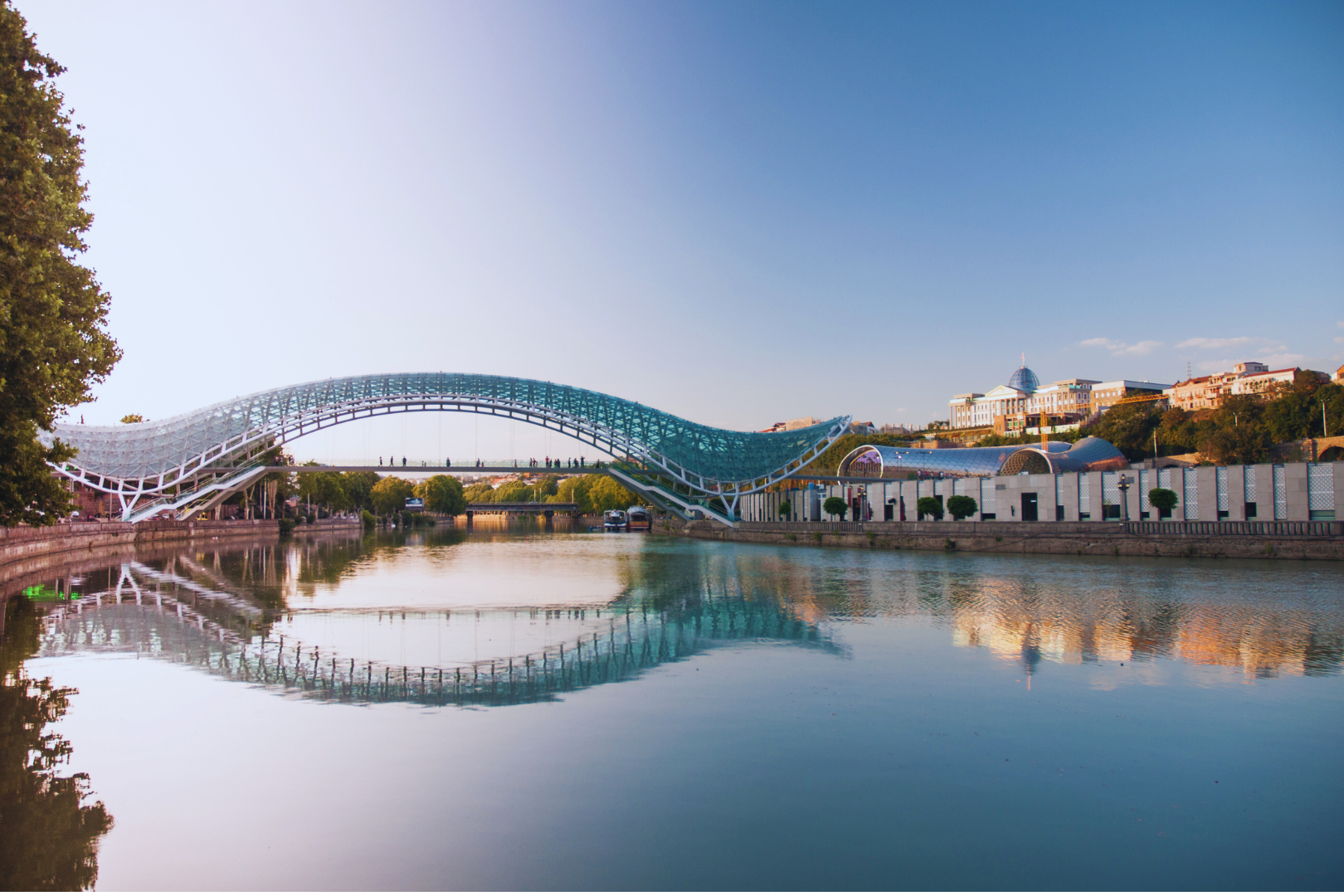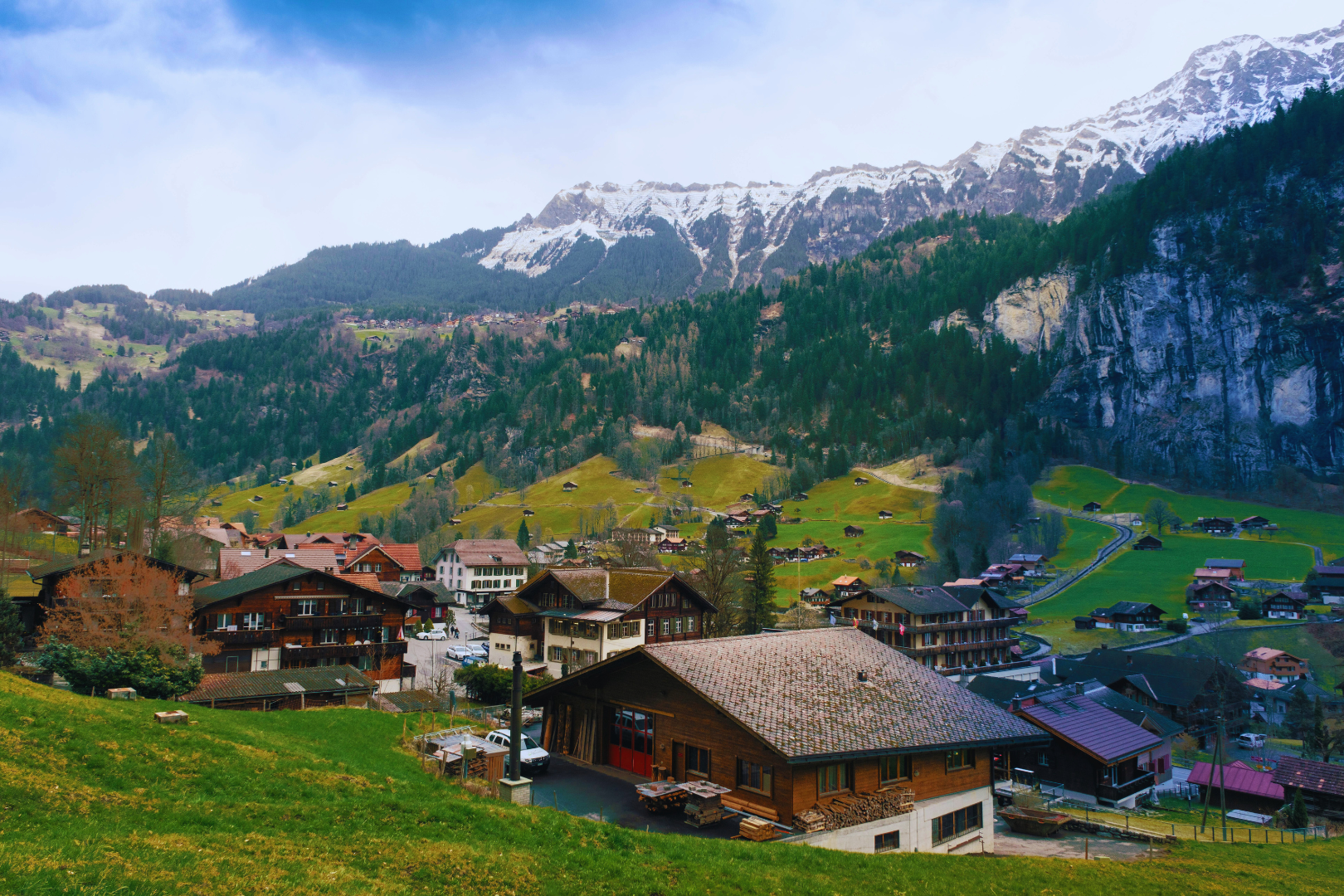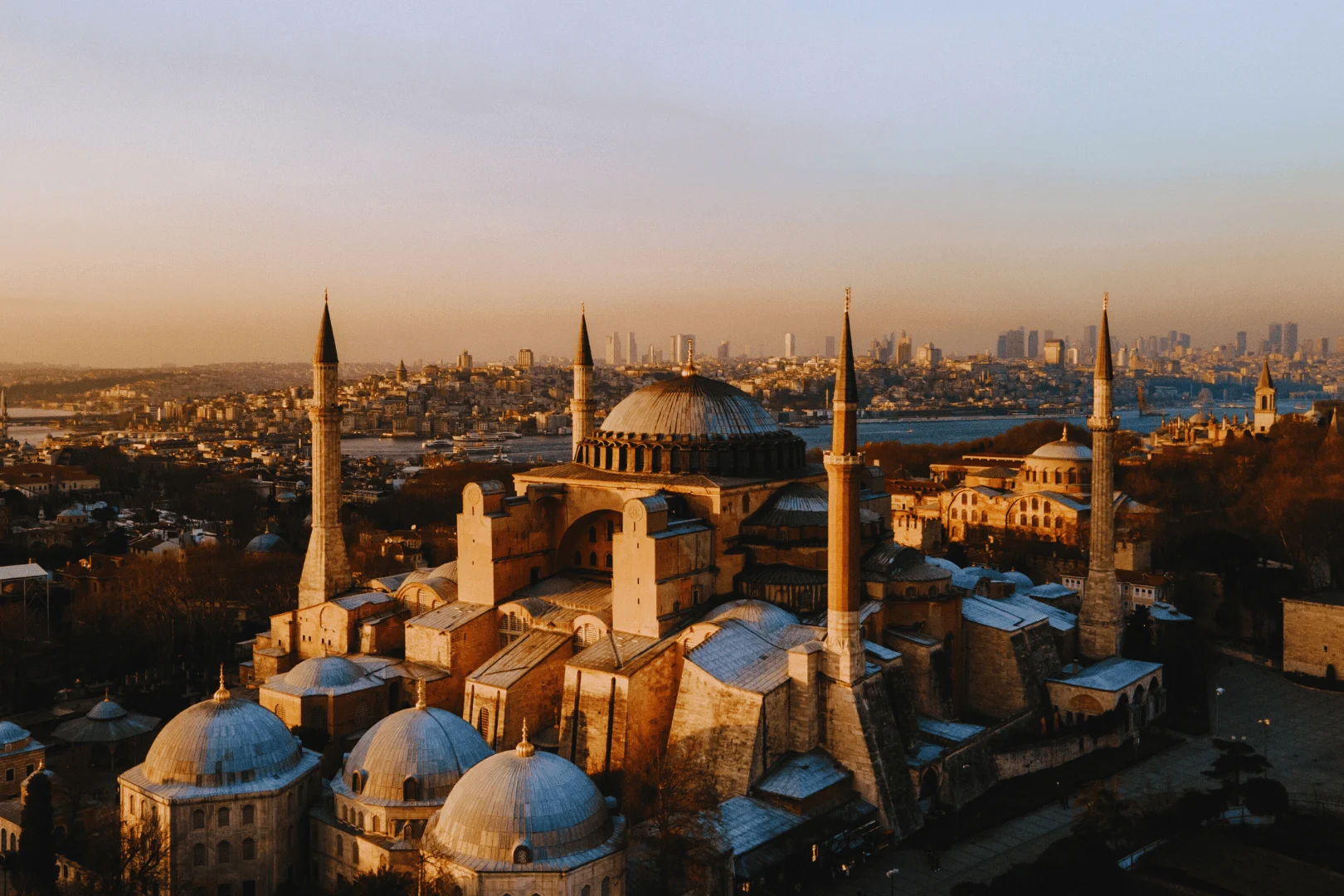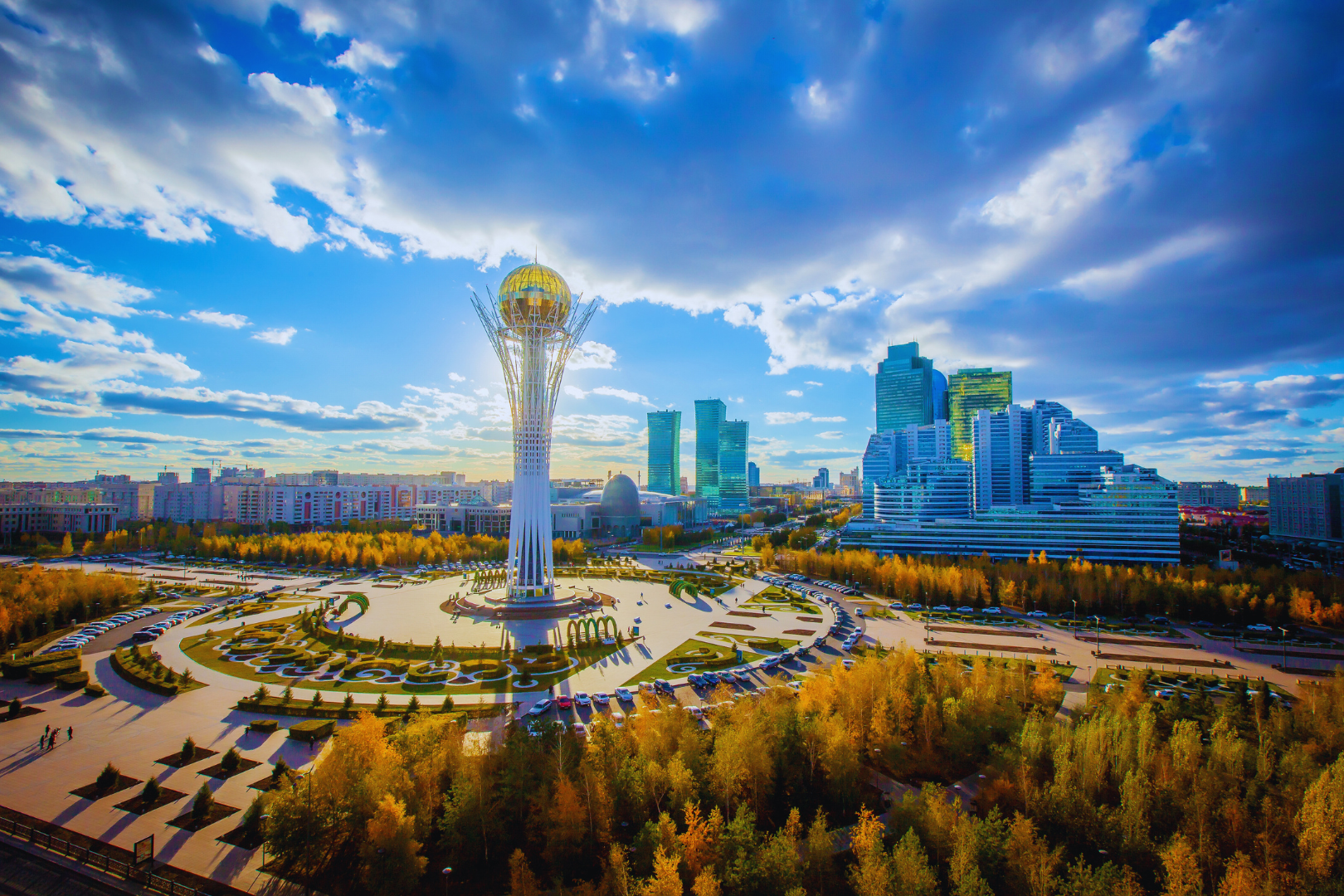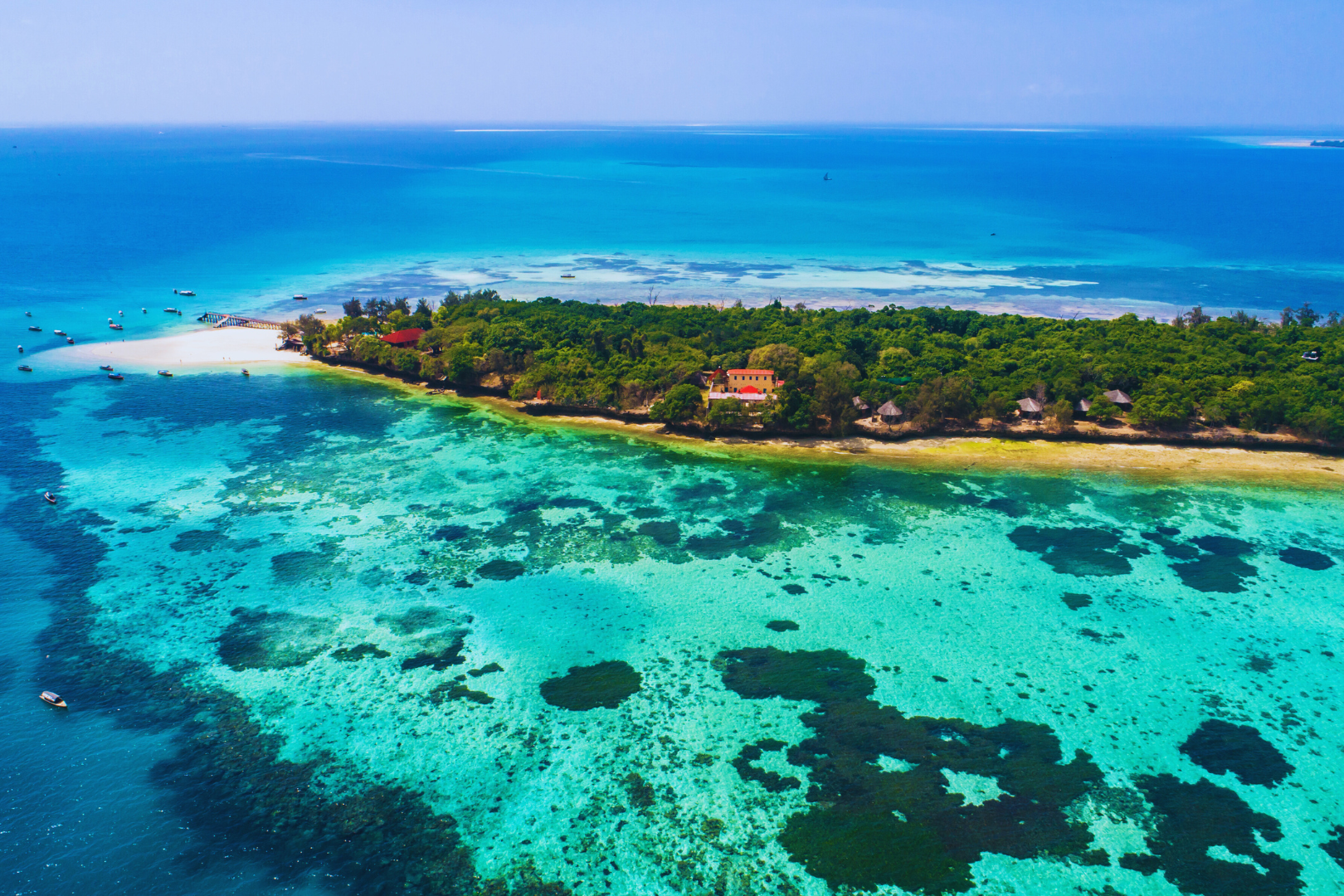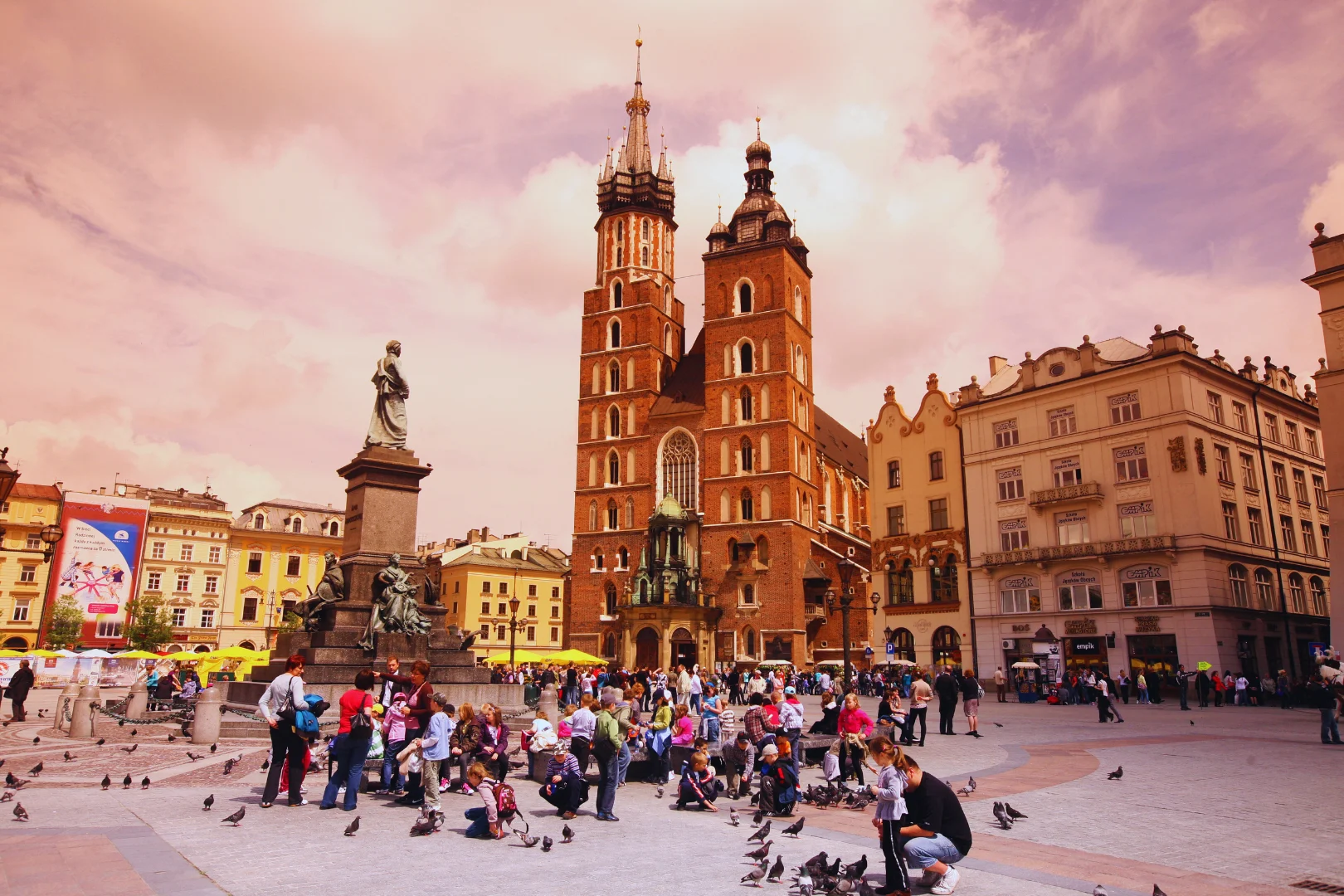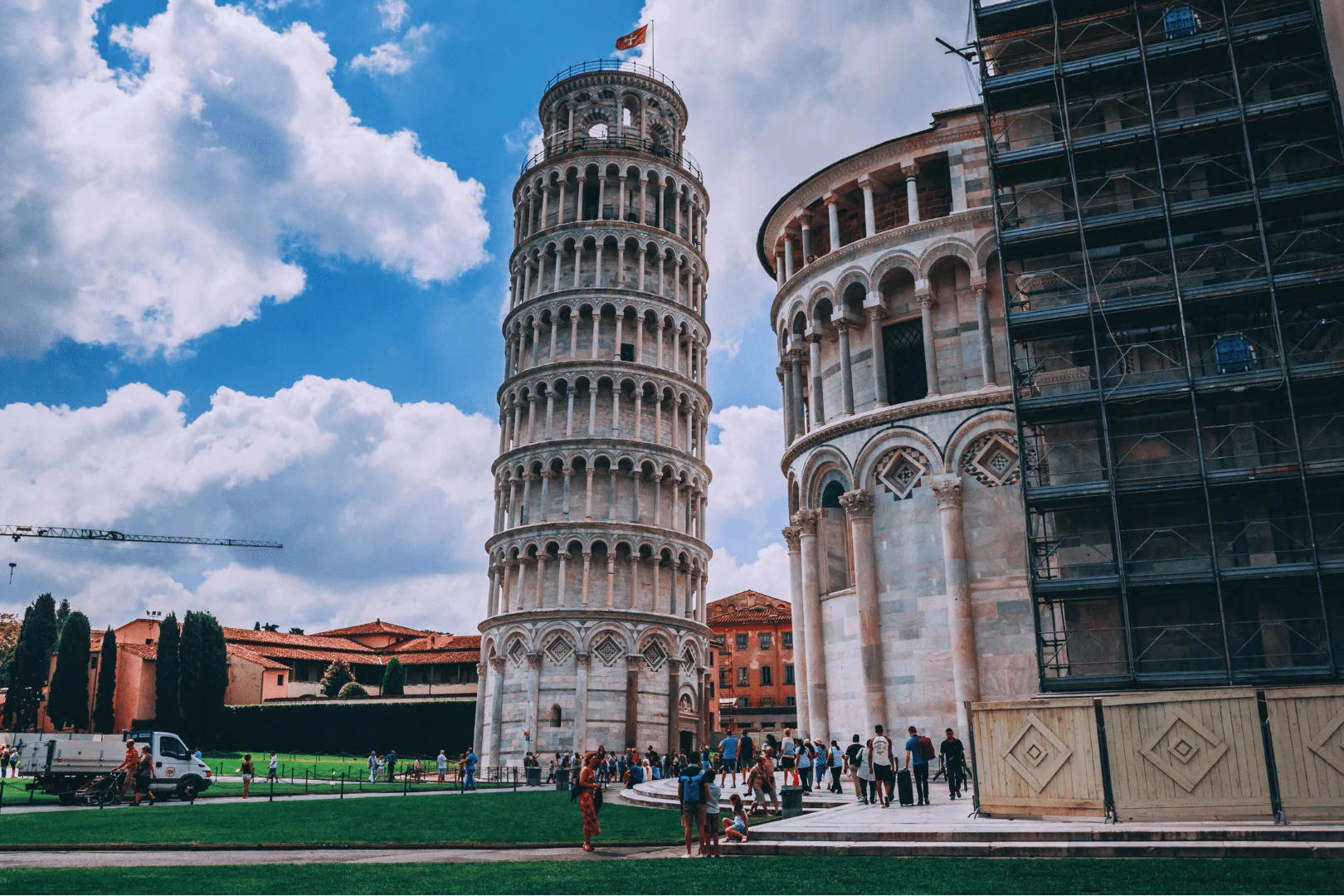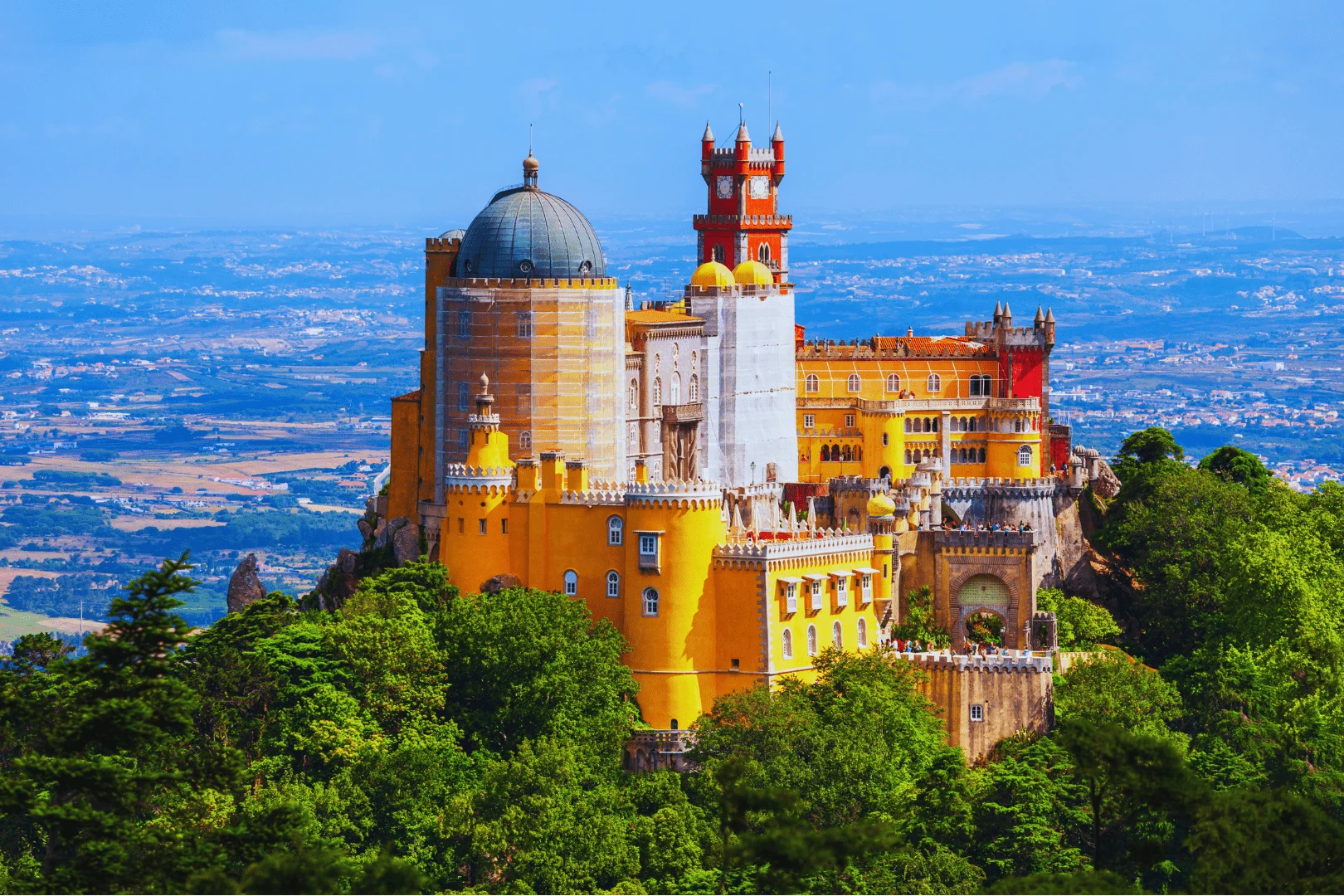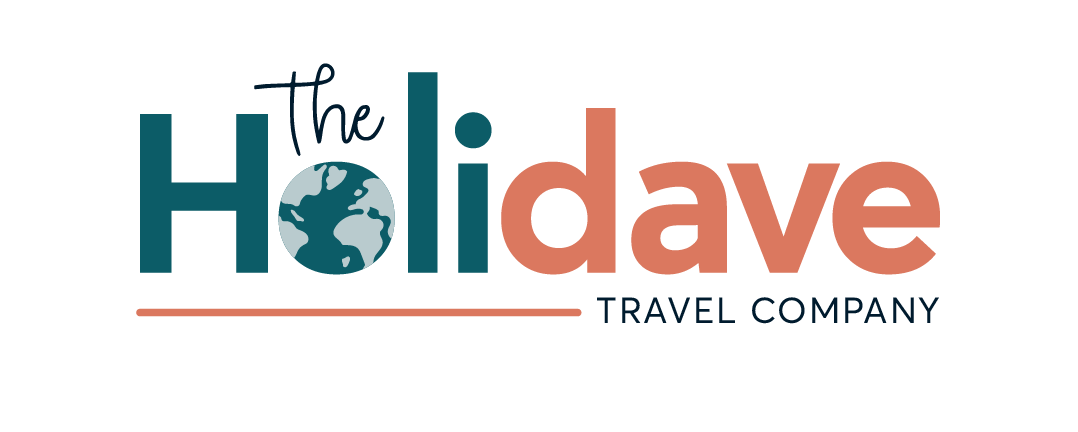Welcome to Scandinavia: A Land of Natural Beauty and Nordic Cool
Scandinavia—made up of Norway, Sweden, and Denmark (and often including Finland and Iceland)—is known for its dramatic landscapes, efficient cities, and progressive culture. From the northern lights in Tromsø to the stylish streets of Stockholm and the fairy-tale charm of Copenhagen, this region blends raw nature with innovative design and a high quality of life.
Whether you’re chasing fjords, soaking in geothermal spas, or biking through capital cities, Scandinavia offers unique experiences in every season.
Key Highlights:
- Spectacular Nature – Fjords, waterfalls, Arctic wildlife, and endless forests define the landscape.
- Modern Cities – Sleek, sustainable capitals with cutting-edge architecture and world-class food scenes.
- Midnight Sun & Northern Lights – Experience 24-hour daylight in summer and aurora borealis in winter.
Top Tourist Attractions
Geirangerfjord, Norway – A UNESCO-listed fjord known for waterfalls and scenic cruises.
Stockholm Archipelago, Sweden – A group of over 30,000 islands perfect for summer getaways.
Nyhavn, Copenhagen – A historic harbor lined with colorful buildings, restaurants, and boats.
Blue Lagoon, Iceland – A geothermal spa set in a lava field, ideal for relaxation year-round.
Lofoten Islands, Norway – Rugged landscapes, fishing villages, and excellent aurora viewing.
Old Town (Gamla Stan), Stockholm – Cobblestone streets, royal palaces, and cozy cafés.
Tivoli Gardens, Copenhagen – One of the world’s oldest amusement parks, open since 1843.
Northern Lights in Abisko, Sweden – One of the best places to see the aurora borealis.
Travel Tips for canada
Pack for the weather – Even in summer, evenings can be cool. Layering is key.
Use contactless payments – Scandinavia is largely cashless; cards are accepted almost everywhere.
Book early – Hotels and tours fill up quickly, especially in peak seasons.
Respect the environment – Locals value sustainability; recycle, avoid plastic, and follow local nature guidelines.
Try local cuisine – Sample Nordic specialties like gravlax, smørrebrød, reindeer stew, and cinnamon buns.
Public transport is excellent – Use metro, buses, ferries, and trains to move efficiently and affordably.
Tipping is not mandatory – A service charge is usually included, but rounding up is appreciated.
Destination Facts: canada at a Glance
Population: ~21 million (combined for Norway, Sweden, Denmark)
Languages: Norwegian, Swedish, Danish (English widely spoken)
Currency:
Norway: Norwegian Krone (NOK)
Sweden: Swedish Krona (SEK)
Denmark: Danish Krone (DKK)
Best Time to Visit:Summer (Jun–Aug) – Mild weather, festivals, and long days
Winter (Dec–Feb) – Snow sports, Christmas markets, and northern lights
Transport: High-speed trains, ferries, and efficient public transit
Time Zone: CET/CEST (UTC+1/2 depending on daylight saving)
Safety: Among the safest regions in the world
Electric Plug: Type C & F (European standard)
Scandinavia tour Packages
Plan Your Perfect Destination
Frequently Asked Questions (FAQs)
Do I need a visa to visit Scandinavian countries?
Citizens from many countries, including the EU, USA, Canada, Australia, and several Asian nations, can visit Scandinavia visa-free for up to 90 days within the Schengen Zone. Others must apply for a Schengen tourist visa in advance.
What countries are considered part of Scandinavia?
Scandinavia traditionally includes Norway, Sweden, and Denmark. However, many travelers also group Finland and Iceland due to their cultural and geographic proximity.
What’s the best time to visit Scandinavia?
Visit in summer (June–August) for long daylight hours and festivals. Choose winter (December–February) for snow activities, Christmas markets, and the northern lights.
Is it expensive to travel in Scandinavia?
Yes, Scandinavia is one of the pricier travel regions in Europe. Budget travelers can save by using public transport, choosing hostels or guesthouses, and dining at casual restaurants or food halls.
How do I get around within Scandinavia?
Scandinavia has excellent transport systems. Trains, buses, and domestic flights connect major cities. Ferries and boats are commonly used between coastal cities and islands.
Can I see the northern lights in Scandinavia?
Yes, the northern lights (aurora borealis) can be seen from northern Norway, Sweden, and Finland during the winter months, especially between September and March.
Is English widely spoken in Scandinavia?
Absolutely. English is taught from a young age and is widely spoken by locals in all Scandinavian countries, especially in urban areas and tourist destinations.
Are there cultural differences between the countries?
Yes. While the countries share a Nordic heritage, each has unique traditions, cuisine, and customs. For example, Denmark is known for “hygge,” Sweden for its fika culture, and Norway for outdoor adventure and fjords.
What kind of weather should I expect?
Scandinavia has four distinct seasons. Summers are mild (15–25°C), while winters can be very cold (−5 to −20°C in the north), especially in inland and northern areas.
Do I need travel insurance for Scandinavia?
It’s highly recommended to have travel insurance that covers medical expenses, trip cancellations, and personal belongings, especially if you’re engaging in outdoor or winter sports.

